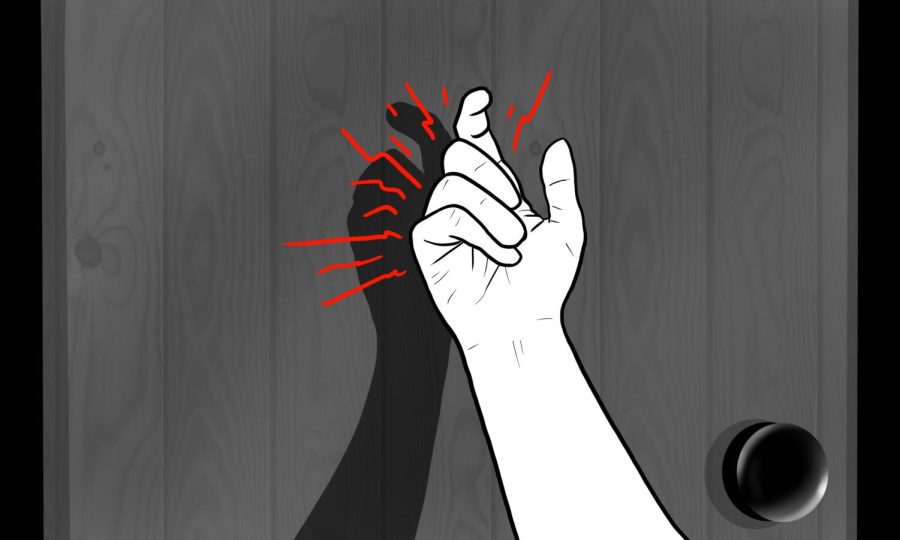City Council votes unanimously to ban no-knock warrants
City Council passed legislation last week that bans no-knock warrants citywide.
November 2, 2022
Content warning: this story contains mentions of police violence.
City Council unanimously voted to ban no-knock warrants last week, a policing practice where officers are allowed to enter a home or business without warning the tenants when permitted by a judge.
Ald. Devon Reid (8th), who introduced the legislation, said both local and national incidents inspired him to propose the policy change.
In 2019, Anjanette Young, a Chicago medical social worker, was forced to stand naked in front of police officers after they entered her apartment under a no-knock warrant. Breonna Taylor was killed in Louisville in 2020 by officers executing a no-knock warrant, sparking nationwide protests.
“I want to make sure that Evanston is staying on the cutting edge of creating policing policies that keep our law enforcement safe and keep the community safe,” Reid said.
According to a May Washington Post investigation, police executing no-knock warrants have killed at least 22 people since 2015. Thirteen of the 22 people were Black or Hispanic.
Newly appointed Evanston police chief Schenita Stewart said she supports the city’s ban.
“I think no-knock warrants are not only unsafe for the community, they’re unsafe for the officers,” Stewart said. “I’m glad (City Council) passed that.”
Patrick Keenan-Devlin, executive director of the James B. Moran Center for Youth Advocacy, said these kinds of citywide bans act as a defense against the Supreme Court’s leniency toward no-knock warrants. While the court has the ultimate say in setting precedents for rules surrounding no-knock warrants, local bans prevent officers from entering homes without warning in the first place.
Keenan-Devlin cited Hudson v. Michigan, a 2006 case where the court ruled that evidence found when officers violate the “knock-and-announce” rule can still be used in trial.
“Evanston taking this position really moves us away from the direction of the high court,” he said. “It concretizes that we, as a community, still believe in the principle of knock-and-announce for how we execute warrants.”
An early 2021 Illinois law mandated that officers executing a no-knock warrant must be equipped with body cameras and work to ensure that they are at the correct location and have a plan for children and other vulnerable people on site.
State Rep. Lamont Robinson (D-Chicago) introduced the Anjanette Young Law in January to ban no-knock warrants statewide. The bill is still under review after its referral to the Rules Committee in February.
Reid said his Evanston ordinance is part of a package of criminal justice-related proposals ranging from nixing a ban on certain “burglar’s tools” without proof they are being used innocently to removing gendered language from Evanston’s public nudity ordinance.
The no-knock warrants ban breezed through the Human Services Committee and City Council with little debate and ultimately passed on the consent agenda at the Oct. 24 council meeting.
While Reid said he has not seen specific situations in Evanston regarding mishandled no-knock warrants, he wants to prevent such incidents from ever happening in the city.
“It only takes one time for something tragic to happen,” Reid said. “We’ve seen time and time again that we are not indemnified from the troubles that are happening across the nation and across the world.”
Elena Hubert contributed reporting.
Email: [email protected]
Twitter: @saullpink
Related Stories:
— Schenita Stewart sworn in as Evanston’s next police chief
— Evanston Police Department launches survey to measure public trust, local neighborhood concerns


